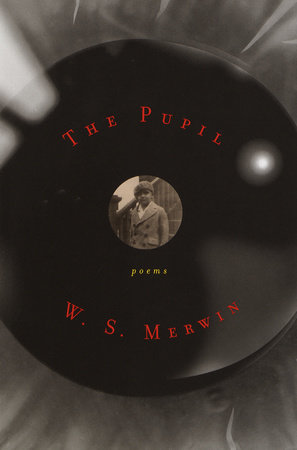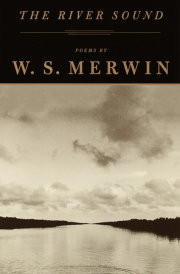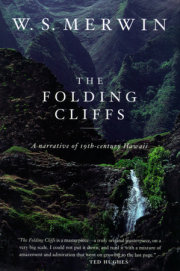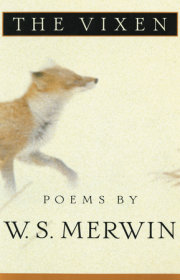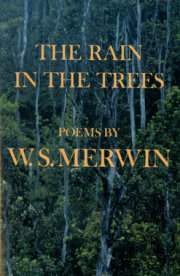ProphecyAt the end of the year the stars go out
the air stops breathing and the Sibyl sings
first she sings of the darkness she can see
she sings on until she comes to the age
without time and the dark she cannot see
no one hears then as she goes on singing
of all the white days that were brought to us one by one
that turned to colors around us
a light coming from far out in the eye
where it begins before she can see it
burns through the words that no one has believed
The Comet MuseumSo the feeling comes afterward
some of it may reach us only
long afterward when the moment
itself is beyond reckoning
beyond time beyond memory
as though it were not moving in
heaven neither burning farther
through any past nor ever to
arrive again in time to be
when it has gone the senses wake
all through the day they wait for it
here are pictures that someone took
of what escaped us at the time
only now can we remember
Copyright © 2001 by W. S. Merwin. All rights reserved. No part of this excerpt may be reproduced or reprinted without permission in writing from the publisher.





